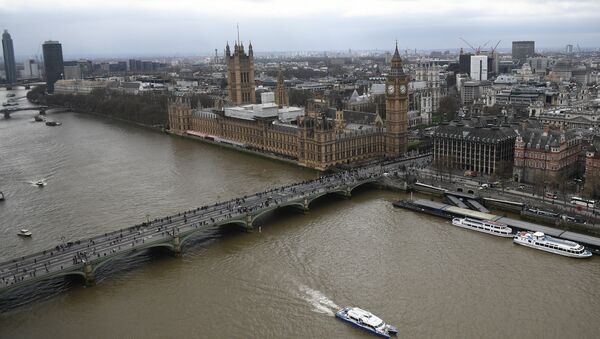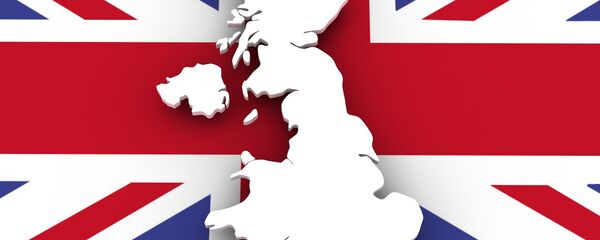On April 19, the House of Commons voted in favor of holding early general election. On May 3, the parliament was dissolved, as May visited the Queen at Buckingham Palace.
CONSERVATIVES' NEW OPPORTUNITIES OR LOSS OF MAJORITY?
The House of Commons elected at the 2015 general election was controlled by the Conservative Party that won 330 of the 650 seats in the House of Commons. The Labour Party became the largest opposition party with 232 seats, while the Scottish National Party (SNP) won 56 and the Liberal Democrats secured eight seats.
The snap election was also reportedly a part of the Conservative Party's plans to improve its 2015 results, as the Labour Party was weakened by an internal crisis and had a lack of support. An April YouGov poll showed that the Conservatives had 44 percent of the public's support, with the Labour Party receiving 23 percent.
However, within the course of May the situation has significantly changed due to a number of reasons, including unpopular measures announced by the Conservatives and a series of terrorist attacks in the country that undermined the positions of the ruling party ahead of the Thursday vote.
PREDICTIONS
A number of UK pollsters still consider that the Conservative Party would finish first in the race, but the gap between it and the Labour Party led by Jeremy Corbyn is not double-digit anymore.
A fresh Survation poll revealed that the gap between the two parties had decreased by 16 percent since May 9 and the Conservatives could be backed by 41.5 percent, while the Labour Party would be supported by 40.4 percent of voters.
The YouGov pollster predicts that the Conservatives could win up to 334 seats backed by 42 percent of voters, while the Labour Party could get up to 302 after being supported by some 38 percent of voters.
The Ipsos MORI poll showed Friday that May's party backed by 45 percent of Britons had a five-percent lead over the party of Corbyn.
The Britain Elects poll aggregation service considers that the Conservatives could increase their results and get 23 more seats if to compare with 2015, while the Labour Party and the SNP would lose 13 and 10 seats respectively.





